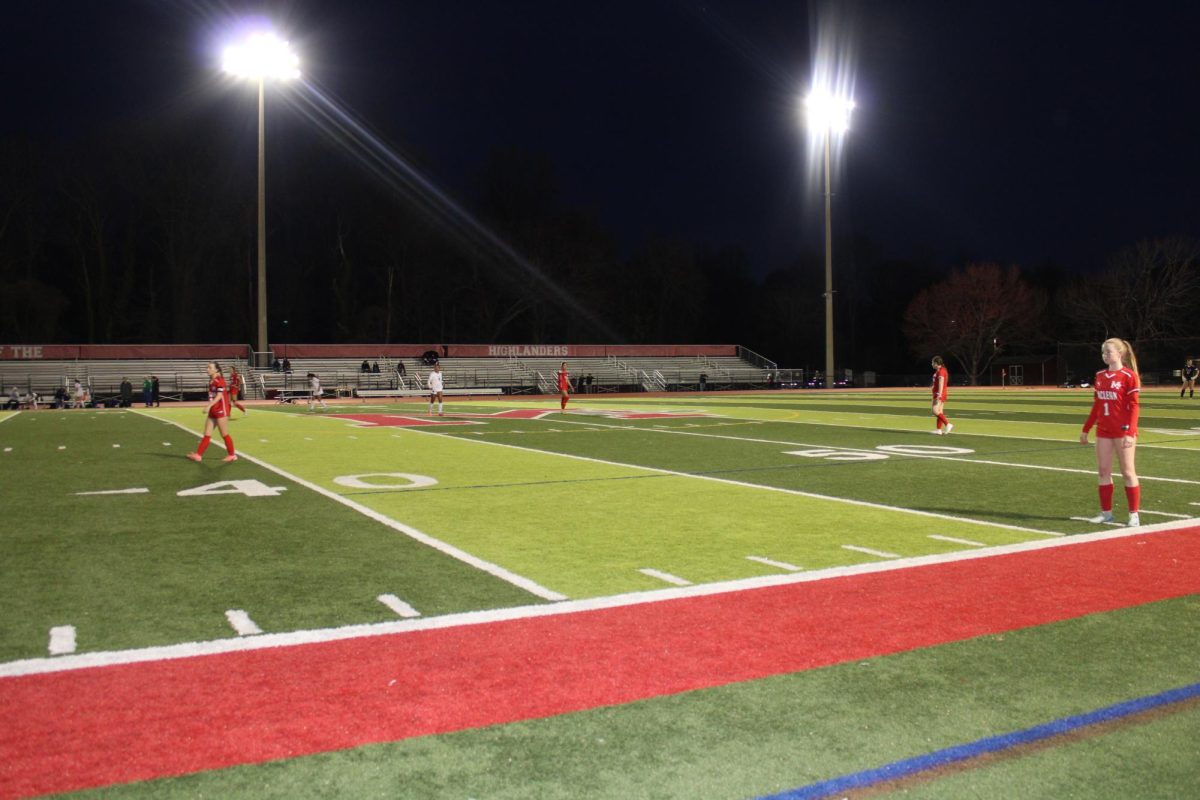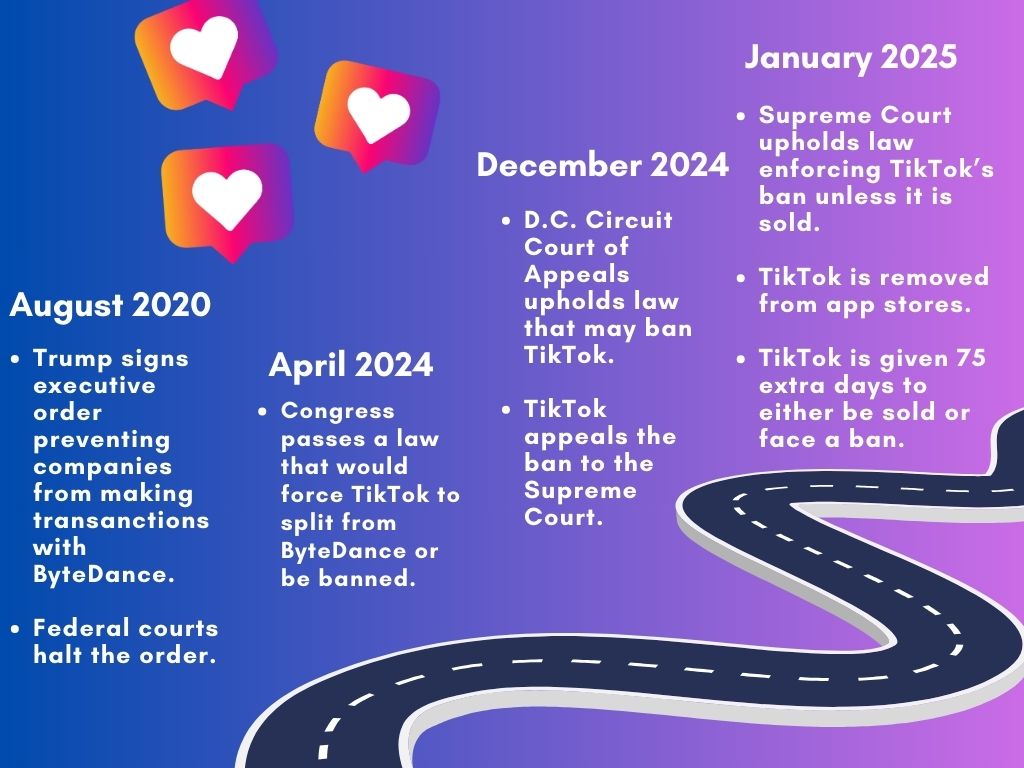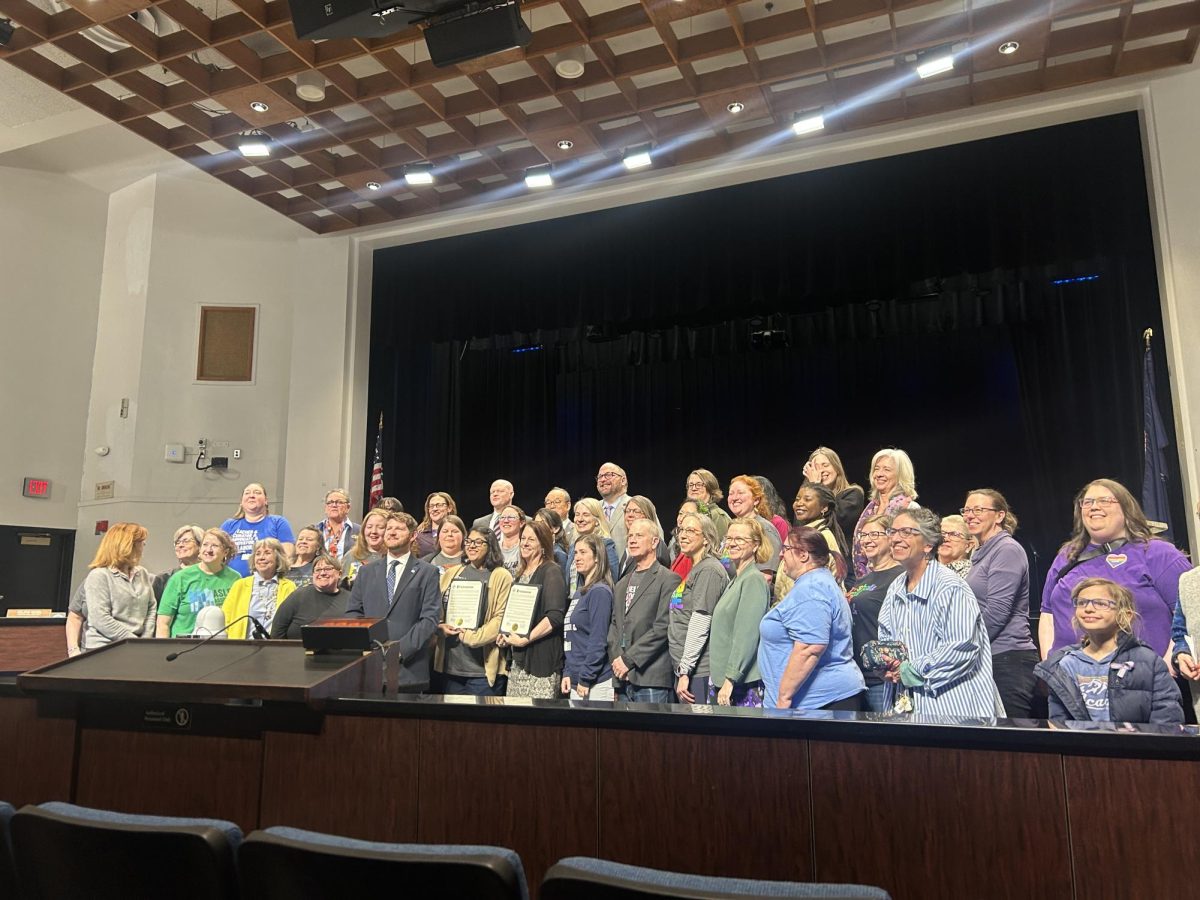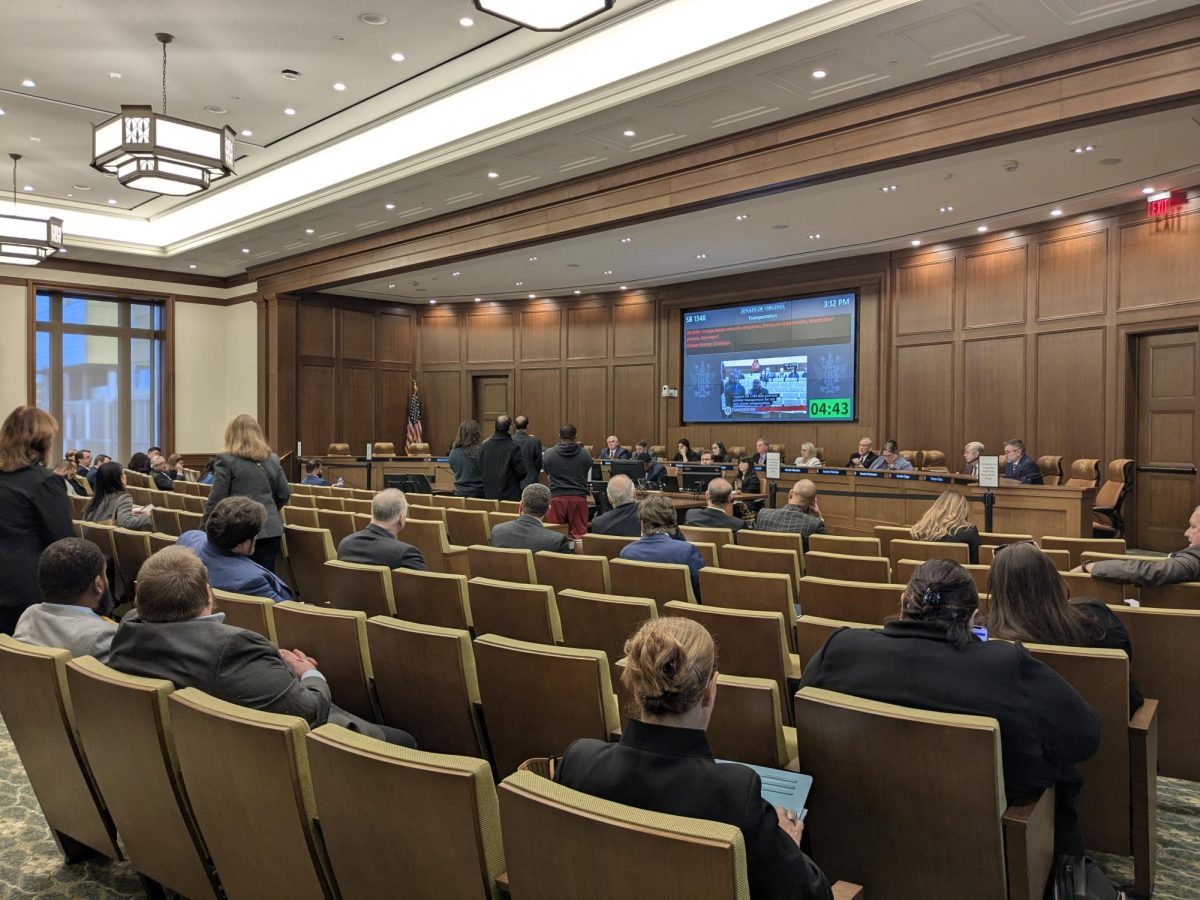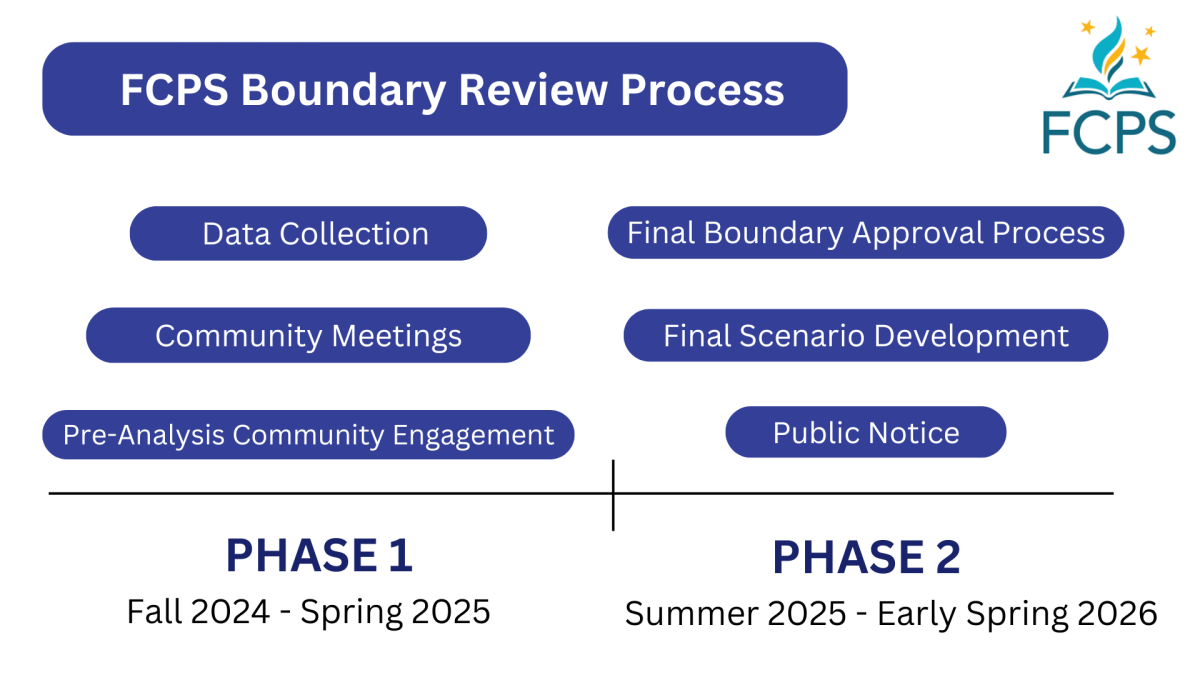As McLean approaches the final stretch of the 2023-2024 school year, administrators have started to look at policy changes to revitalize the state of education at McLean as part of the Lighthouse Schools program, a project championed by the FCPS Office of Information Technology and the International Society for Technology in Education in which seven volunteer schools, including McLean, were selected to test innovative policies.
Now, McLean’s administration is looking at their first major policy to tweak: the bell schedule. While it is still unclear whether or not the changes will go through, McLean Principal Ellen Reilly wants to have the 2024-2025 bell schedule finalized with or without changes by April.
“I hope if all goes well that I’d be able to say in April what our bell schedule would be next year,” Reilly said. “I’m probably 60-40 that it’s going to change because people might just say ‘we don’t want that at all’. I need to listen to what other people say. I hope if all goes well that I’ll be able to say in April what our bell schedule will be next year.”
To explore several directions to take the bell schedule, the administration created a draft of a potential bell schedule which was presented to students through groups like the Girls Leadership Committee and student government. After taking feedback from students, the administration drafted two more schedules to present.
One idea Reilly hopes to implement is the removal of 90-minute blocks—especially for Highlander Time.
“I think that for some kids the 90-minute blocks [are] advantageous, but for a lot of kids it’s just roaming the halls. It’s driving me crazy,” Reilly said. “I think attention span is shorter [now]. I would like to see the impact of having shorter classes.”
While the administration may cut down the length of Highlander time, they would schedule it every day to compensate—similar to McLean’s bell schedule during the years before the COVID-19 pandemic.
Additionally, the administration may alter the frequency of certain classes. McLean previously held a certain period everyday, so students would attend one of their classes daily allowing for a smoother learning experience.
“What we used to have is you would go period one, period three, period five [and then] period seven and the next day you go period two, period three, period four and [then] period six. So period three was a constant every day. Before the third period, there was a Highlander time for 30 minutes,” Reilly said.
Now, McLean is considering re-implementing a similar policy to gauge the effects of class frequency on students.
“At the end of the following year, we would then weigh what went well for us and what didn’t go well,” Reilly said. “A lot of that data would be grades, attendance and SOLs. We’d be looking at all that to see [maybe] this third-period Algebra 1 class that meets every day did really, really well on the SOL, and this class that met every other day didn’t. That would show us that meeting every day for certain classes is really positive for certain subjects.”
However, McLean faces roadblocks in its mission to change the bell schedule. FCPS policy requires that high schools have the same bell schedule. While certain schools alter their schedule anyway, Reilly plans to work with superintendent Michelle Reid to remove the policy.
Tweaking the schedule could also interrupt the flow of McLean students to academy classes, or courses in which students travel to a different high school during the day to engage in. If the schedule is changed, the end of a period for academy students at McLean might not align with the bell schedule from the school hosting the academy class.
“The thing that we have to be concerned about is the bus schedule to go to academies,” Reilly said. “If we change our bell schedule, will we still be able to get our students there to Marshall and to Falls Church on time?”
Reilly believes the largest obstacle isn’t the academy classes or FCPS policy but rather community pushback.
“Changing a bell schedule is the hardest thing you’ll ever do. Why is that? People just like what they know,” Reilly said. “[Today’s McLean students] have never seen this bell schedule. [They’re] like, ‘But I’m going to miss this, this, and this’. Change is hard for anybody.”





